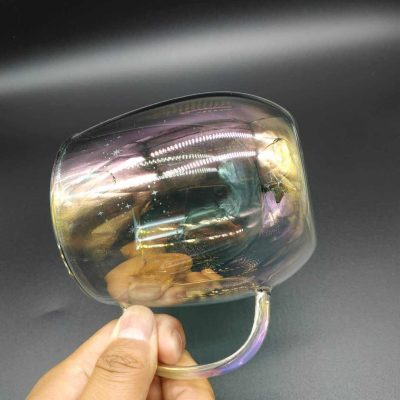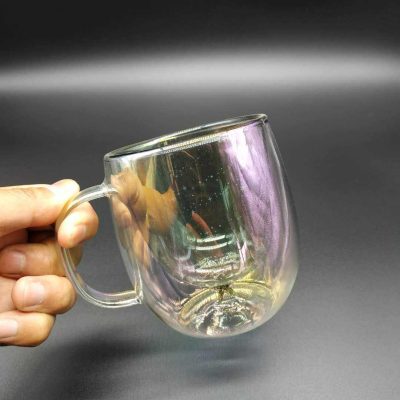- Contact us now!
- +86 18868944843
- been@thingegr.com
Why does glass also get moldy
When it comes to mildew, many people think of food and wood at the first time. For smooth glass, many people may not think that it will mildew. In fact, glass will also mildew, which not only affects the appearance, but also affects the performance of glass.
The reason why the glass is moldy is that the raw material is the first problem, such as the unreasonable proportion of chemical components, excessive addition of broken glass with unknown components, etc., which leads to high alkali metal content. When there is more water vapor on the glass, the glass is prone to moisture, which is why in the spring and summer in the south, the glass will focus on mildew.
Glass mildew can be divided into several stages. At first, water vapor will attach to the glass surface in a form that is hard to see with the naked eye. At this time, the glass has begun to mildew, and then the water vapor begins to spread to the inside of the glass, just like iron and copper rust. After that, sodium, potassium, calcium and other compounds in the glass are hydrolyzed to form caustic soda, and the mildew reaction is further intensified.
The moldy glass does not produce mucorus as we usually understand, but it also has the characteristics visible to the naked eye. The slight ones are white fog and white spots, and after the area is further diffused, there will be rainbow stripes. At this time, the glass surface has been eroded. When mildew enters the interior, it can be seen that the glass has sulfur change and paper marks. At this time, the glass should be replaced to avoid potential safety hazards.
In order to avoid potential safety hazards and aesthetic problems caused by moldy glass, attention should be paid to check whether there are spots on the glass when selecting and purchasing glass to avoid buying inferior glass that is improperly stored. Especially when purchasing daily glass products such as glasses, pay attention to whether their water resistance is qualified. Try not to choose products that look unclear (except frosting process products), have frost on the inner wall, and have broken skin bubbles. Instead, choose products that have no bubbles, high transparency, and no impurities. It is recommended to choose borosilicate glass products.







